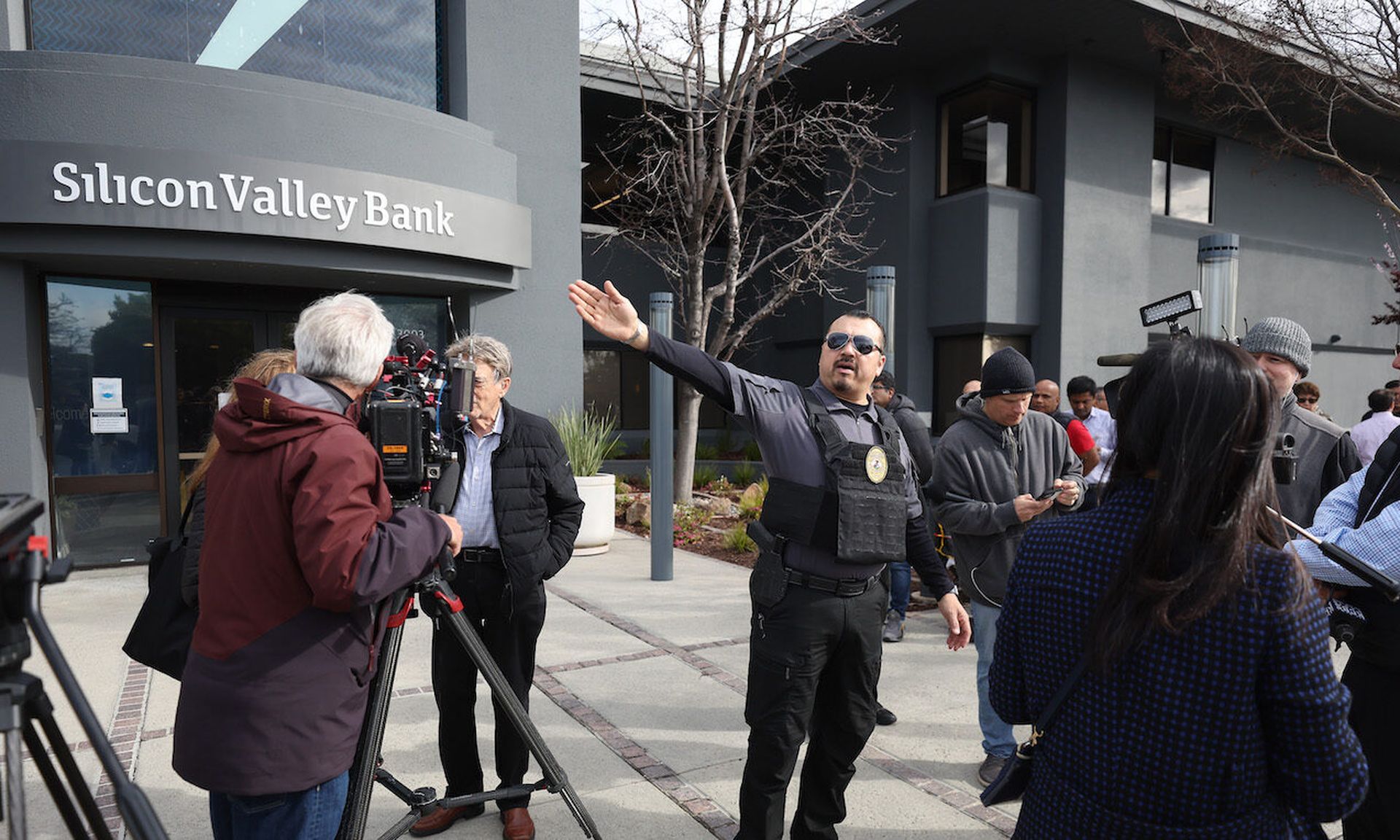The recent closure of Silicon Valley Bank (SVB) by the Federal Deposit Insurance Corporation (FDIC) has caused panic among many cybersecurity start-ups and their founding executives who depended on the bank for lines of credit (LoC) and operational accounts.
In 2022, as the Federal Reserve Bank increased interest rates, the VC fundraising climate worsened, leading to a significant drop in valuations. In response, founders of successful companies opted to cut expenditures, invest in top-line growth, and open a LoC with SVB, which acted as an emergency injection of cash in case of a bad quarter.
However, SVB required an exclusive relationship with many start-ups. They had to consolidate all deposits and credit cards to SVB to access the LoC, and cancelling the LoC incurred a 1% penalty fee, which translated to $100,000 for a $10 million LoC.
As panic set in and fears of SVB's collapse emerged, many founders at cybersecurity start-ups had to make quick decisions, with some deciding to transfer money out of SVB. However, this triggered the cancellation of the LoC and activation of the penalty fee, which put many in a bind. Still others underestimated the situation and did not fully believe the bank was in danger. The result for them was even more dire: all funds and deposits were frozen.
The situation was compounded by the fact that many companies did not have another corporate bank account open, so when founders decided to pull their deposits, they had to open a new bank account, which could take up to 36 hours because of know your customer (KYC) checks. Unfortunately, by the time new accounts were open, federal and state regulators had stepped in and taken over the bank, shutting down all wire transfers.
Now, many founders are unsure how to make payroll, with the risk of heavy fines and employee layoffs. VC's are scrambling to inject emergency liquidity into their portfolio companies, hoping that some or all of the SVB deposits will be accessible this week. This assumes that VC's are not affected by SVB themselves and that they can get loans approved and wired in record time.
For Horizon3, I was lucky to have access to cash and immediately loaned $1 million of my personal money Friday morning to make payroll while we waited for the FDIC to sort out our deposits. No furlough, no missed mortgage payments by my teammates. Shout out to my financial advisor Ann Wang who had the money wired to our new corporate account in under two hours.
The situation is especially difficult for those founders who are unable to lend money to their cybersecurity start-ups. It’s disheartening to witness their life's work, which required immense sacrifices of their mental health and family life now endangered.
So, what does all of this mean moving forward? Many people will have numerous recommendations for regulators, legislators, and taxpayers in the coming weeks and months. Here are three immediate recommendations:
- Don’t concentrate critical flows of money like payroll in a single bank. For example, if the payroll provider uses SVB or Bank A, use somebody else – Bank B.
- Ensure the executive team and critical business operations functions have built the muscle memory for a crisis response. Many members of Horizon3 served in U.S. Special Operations, so during this crisis, nobody panicked or got emotional, and every teammate focused on getting the job done to ensure there was business continuity.
- Be skeptical of requirements to consolidate deposits. The business continuity plan should include maintaining at least two bank accounts with enough cash to run two to three payroll cycles.
As the innovation sector collectively looks at what the next rounds of funding will look like, cybersecurity start-ups will take a layered approach to how they capitalize the business: receivables, venture capital to cover the gap between revenue and expenses, and lines of credit as a rainy-day fund. I don’t think this structure changes anytime soon, but SVB was one of the few banks that offered lines of credit to early-stage companies, so either some other provider needs to step in with a new product or more VC money needs to be raised to cover the rainy-day scenarios for portfolio companies.
So who likely replace SVB and Signature?
Not many banks specialize in debt products for early-stage companies. There will be a big void in the market for the foreseeable future, although companies like Brex and Mercury really stepped up during the SVB crisis to help. While everyone now is a bit unsure, companies in the financial and venture capital communities will step-up and continue to fund innovation.
Snehal Antani, co-founder and CEO, Horizon3.ai




